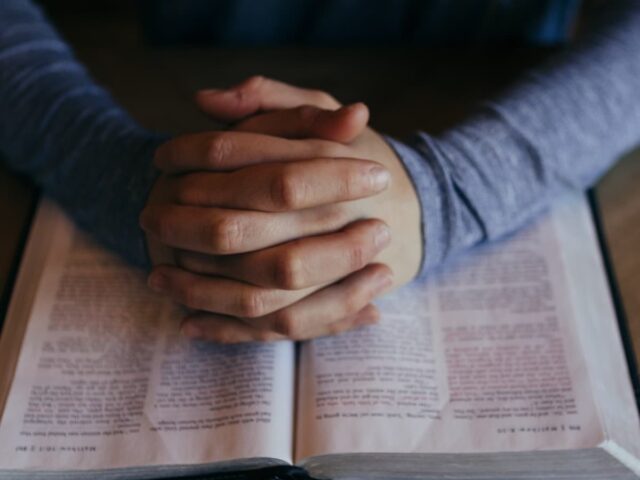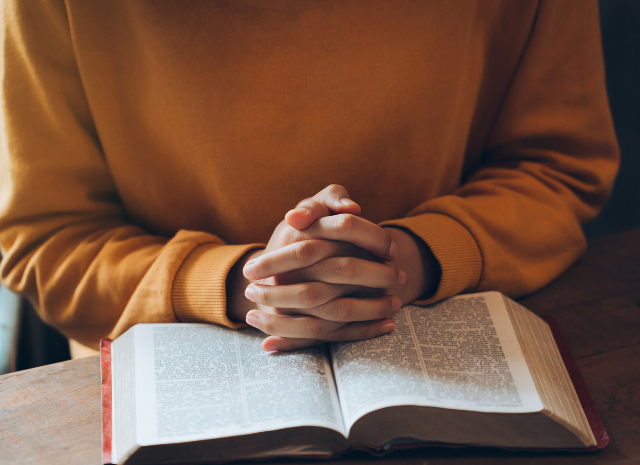In our fast-paced and hectic world, it can be challenging to find a balance between our faith and the demands of everyday life. Often, we find ourselves caught up in the busyness of work, relationships, and responsibilities, leaving little time and energy for our spiritual journey. However, integrating our faith into our daily lives can bring us a sense of purpose, fulfillment, and peace. In this blog post, we will explore the importance of finding balance and practical ways to integrate our faith into our everyday routines.
Recognizing the Importance of Faith
Faith is an essential aspect of many people’s lives, providing them with guidance, hope, and a sense of belonging. Integrating our faith into everyday life helps us cultivate a deeper connection with our beliefs and values. It reminds us that our actions and choices matter beyond the immediate circumstances and impact our spiritual growth. Recognizing the significance of faith can motivate us to seek balance and prioritize our spiritual well-being amidst our busy schedules.
Setting Priorities and Establishing Routines
Finding balance begins with setting priorities. Take some time to reflect on what truly matters to you and how your faith fits into that picture. Once you’ve identified your priorities, establish routines that incorporate your beliefs into your daily life. This could involve dedicating time each day to prayer, meditation, or reading religious texts. You may also consider joining a faith community or participating in activities that align with your beliefs. By intentionally creating space for your faith, you are more likely to find harmony between your spiritual and everyday life.
Embracing Mindfulness and Gratitude
Practicing mindfulness and gratitude can help bridge the gap between faith and everyday life. Being mindful involves cultivating awareness of the present moment, bringing our attention to the here and now. When we engage in activities with a mindful attitude, we become more attuned to the presence of the divine in our daily experiences. Similarly, expressing gratitude for the blessings in our lives reinforces our connection with our faith. Take time each day to reflect on and appreciate the small miracles and moments of grace that occur amidst busyness.
Integrating Faith into Relationships
Our relationships play a vital role in our lives, and integrating faith into these connections can deepen their meaning and impact. Engage in conversations with loved ones about your beliefs, values, and the role faith plays in your life. Seek opportunities to serve and support others, as acts of kindness and compassion can be powerful expressions of our faith. Building a community of like-minded individuals can provide support and encouragement on our spiritual journey, reinforcing the integration of faith into everyday life.

Embodying Faith in Actions
Ultimately, integrating faith into everyday life means embodying our beliefs through our actions. Let your faith guide your decisions and interactions with others. Be compassionate, forgiving, and understanding, even in challenging situations. Show love and kindness to those around you, regardless of their beliefs or backgrounds. By living out our faith in tangible ways, we become a beacon of light in the world, inspiring others and fostering a sense of unity and harmony.
Conclusion
Finding a balance between our faith and everyday life is an ongoing journey. It requires intentionality, self-reflection, and a commitment to integrating our beliefs into all aspects of our existence. By recognizing the importance of faith, setting priorities, embracing mindfulness and gratitude, nurturing relationships, and embodying our beliefs through our actions, we can create a life that harmonizes our spiritual and daily experiences. For further help, tips, and advice, check out Bible Keeper blog for more info.

